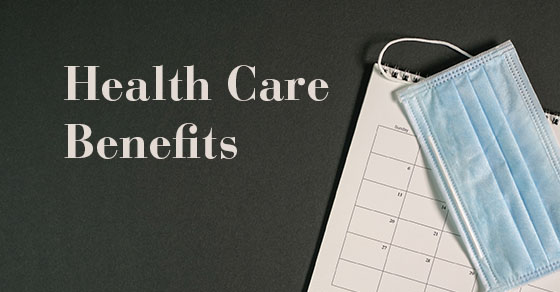While many businesses have been forced to close due to the COVID-19 pandemic, some entrepreneurs have started new small businesses. Many of these people start out operating as sole proprietors. Here is some information about the tax aspects of your new business and considerations involved in operating with that entity.
Tax aspect of your new business
The pass-through deduction
To the extent your business generates qualified business income (QBI), you’re eligible to claim the pass-through or QBI deduction, subject to limitations. For tax years through 2025, the deduction can be up to 20% of a pass-through entity owner’s QBI. You can take the deduction even if you don’t itemize deductions on your tax return and instead claim the standard deduction.
Reporting responsibilities
As a sole proprietor, you’ll file Schedule C with your Form 1040. Your business expenses are deductible against gross income. If you have losses, they’ll generally be deductible against your other income, subject to special rules related to hobby losses, passive activity losses, and losses in activities in which you weren’t “at risk.”
If you hire employees, you need to get a taxpayer identification number and withhold and pay employment taxes.
Self-employment taxes
For 2021, you pay Social Security on your net self-employment earnings up to $142,800, and Medicare tax on all earnings. An additional 0.9% Medicare tax is imposed on self-employment income in excess of $250,000 on joint returns; $125,000 for married taxpayers filing separate returns; and $200,000 in all other cases. Self-employment tax is imposed in addition to income tax, but you can deduct half of your self-employment tax as an adjustment to income.
Quarterly estimated payments
As a sole proprietor, you generally have to make estimated tax payments. For 2021, these are due on April 15, June 15, and September 15, and January 17, 2022.
Home office deductions
If you work from a home office, perform management or administrative tasks there, or store product samples or inventory at home, you may be entitled to deduct an allocable portion of some costs of maintaining your home.
Health insurance expenses
You can deduct 100% of your health insurance costs as a business expense. This means your deduction for medical care insurance won’t be subject to the rule that limits medical expense deductions.
Keeping records
Retain complete records of your income and expenses so you can claim all the tax breaks to which you’re entitled. Certain expenses, such as automobile, travel, meals, and office-at-home expenses, require special attention because they’re subject to particular recordkeeping rules or deductibility limits.
Saving for retirement
Consider establishing a qualified retirement plan. The advantage is that amounts contributed to the plan are deductible at the time of the contribution and aren’t taken into income until they’re withdrawn. An SEP plan requires less paperwork than many qualified plans. A SIMPLE plan is also available to sole proprietors and offers tax advantages with fewer restrictions and administrative requirements. If you don’t establish a retirement plan, you may still be able to contribute to an IRA.
We can help
Contact us if you want additional information about the tax aspects of your new business, or if you have questions about reporting or recordkeeping requirements.




